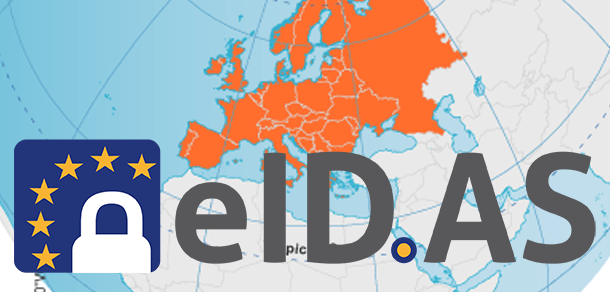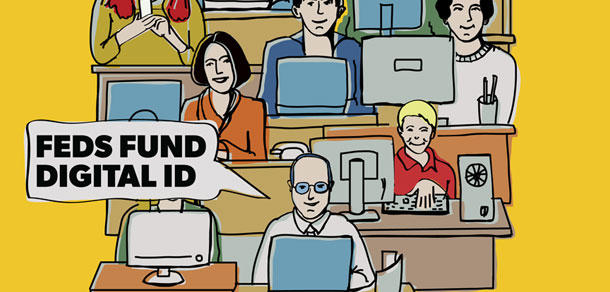eIDAS digital ID finds use in cross-border European banking
22 August, 2017
category: Biometrics, Digital ID, Financial, Government
A national eIDAS digital ID from France would enable French consumers to open bank accounts in the U.K. under a test that involves two major European banks and the British government. The effort represents a new use for eIDAS—that is, electronic identification, authentication and trust services—which is a European initiative designed to make digital transactions more efficient.
The use of recognized, trusted digital IDs across borders via eIDAS will revolutionize the cross-border banking process
Established in 2014, eIDAS, a regulation on electronic identification and trust services for electronic transactions, serves to provide a secure and relatively painless way for consumers to transfer funds, pay bills and perform other payments tasks online. The system authenticates digital identities through the use of such standardized methods as electronic signatures and seals, digital certificates and timestamps. Countries that are part of the European Union must accept those eIDAS digital identities that meet the standards of the regulation.
How eIDAS digital ID enables authentication and promotes secure banking
Now comes another frontier for eIDAS digital ID: Cross-border banking accounts. The idea of the ongoing test is to enable a consumer from France to use an eIDAS digital identity to open a U.K. bank account. The project involves financial institutions HSBC and Barclays; the U.K. Government Digital Service, whose mission is to make government agencies more digital; mobile telecommunications provider Orange; biometrics and digital identity provider OT-Morpho; and the Open Identity Exchange, a trade group dedicated to the promotion of trusted online transactions.
Some of the capital for this effort comes from the European Union’s Connecting Europe Facility, which promotes the creation of connected European networks not only in digital services, but for transport and energy as well.
Together, those organizations say consumers would request a digital identity that meets eIDAS authentication standards. The requests would come via Mobile Connect, a “user authentication and identity service based on the OpenID Connect/OAuth2 standards.” During the pilot, services provided through Orange will enable French citizens to set up their digital identities through Mobile Connect. Meanwhile, OT-Morpho will create the services and technology infrastructure required to authenticate those digital identities so that consumers can access cross-border banking services. The banks will monitor how well the service works.
“We already have a world-class international account opening service,” says Trista Sun, HSBC global head of international and cross border. “However, currently, customers often have to produce a separate set of identification paperwork when they open a bank account in a new country. The use of recognized, trusted digital IDs across borders will revolutionize this process.”




